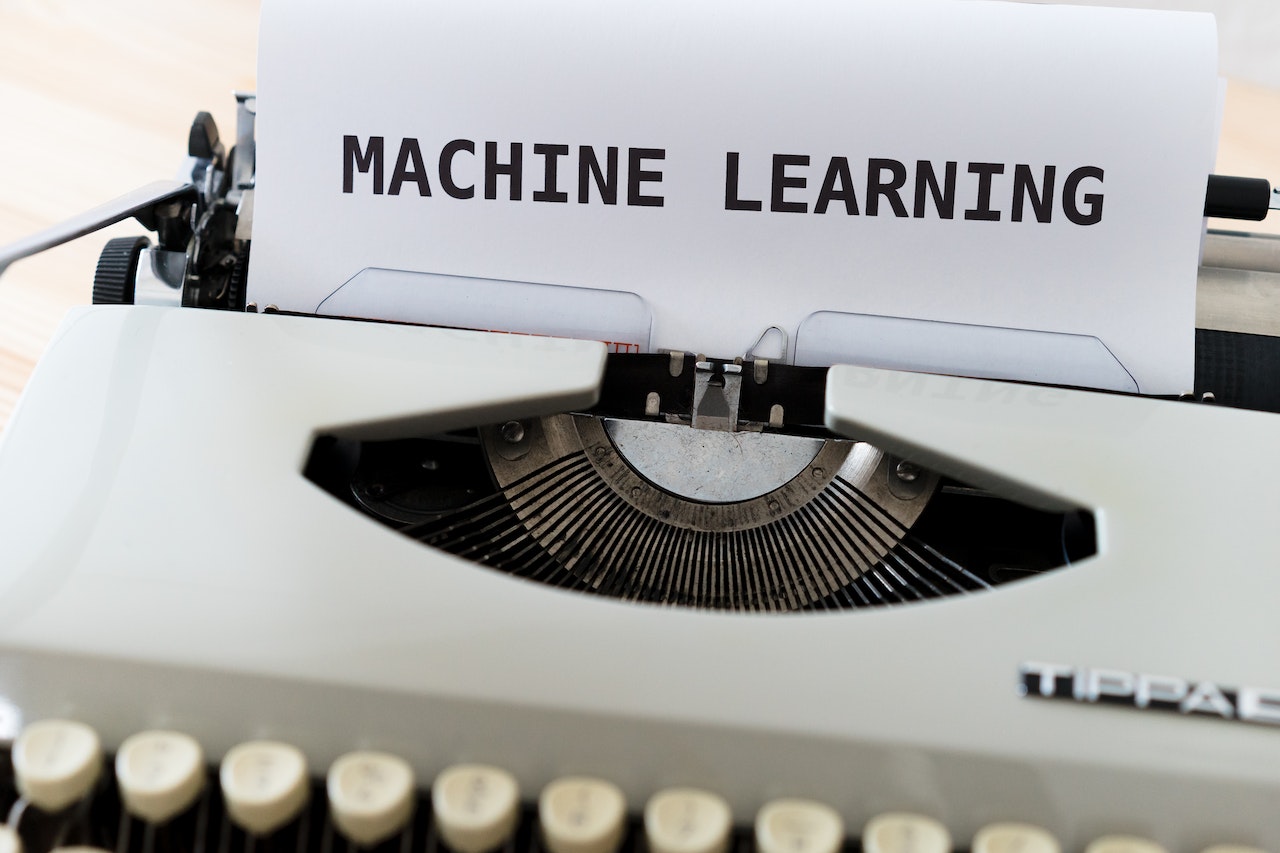Both ML and artificial intelligence (AI) are profoundly connected and interconnected. Both of these technologies are among the most in-demand ones for developing automated systems.
Now, gDiffeiven this interdependence, making an AI and ML comparison is truly comparing how they are related. So, what is the precise answer to AI vs ML, and what do these concepts actually mean for enterprises today?
What Is Artificial Intelligence?
AI or Artificial Intelligence refers to the process by which a machine imitates cognitive processes, like acquiring knowledge and resolving issues, that people often identify with their own minds. Moreover, these complex cognitive processes involve data analysis, language translation, and more.
What Is Machine Learning?

To emphasize, ML is a subset or sub-category of AI, which enables one to attain artificial intelligence. Also, this branch of AI applies to learning to arrive at ever-better judgments by using algorithms to discover patterns and acquire insights from data automatically.
AI vs ML: Key Differences
Here is a table representing an in-depth AI and ML comparison:
| Artificial Intelligence (AI) | Machine Learning (ML) |
| Firstly, AI is a wider group and it has two subsets ML and DL are two subsets of the wider group known as AI. | On the other hand, Artificial intelligence includes machine learning as a subclass |
| Secondly, AI aims to devise a smart machine that can effortlessly handle a wide range of difficult-to-achieve tasks. | Machine learning (ML) focuses on creating tools limited to executing the tasks they were originally programmed for |
The three forms of AI include:
Based on the capabilities they have, these three can be categorized |
On the contrary, the three main types of machine learning everyone should know about are:
|
| Additionally, AI involves a wide range of applications, like speech recognition, robots, and natural language processing. Moreover, industries like finance, transportation, and healthcare deploy AI solutions to resolve complex issues | Contrarily, ML is mostly applied to decision-making, predictive modeling, and pattern identification in sectors like credit scoring, fraud detection, and marketing |
| Furthermore, common AI uses involve Siri, smart humanoid robots, expert systems, online gaming, chatbot customer service, and more | Whereas, common ML use cases involve Facebook’s automatic friend recommendations, Google’s search engine algorithms, and online suggestion systems |
| In addition, AI uses all types of unstructured, structured, and semi-structured data. | Similarly, AI can only use only semi-structured and structured data |
| Finally, AI is more about boosting the probability of success and efficiency | Meanwhile, ML is more about patterns and accuracy |
Conclusion
AI and ML constitute two linked and somewhat comparable ideas when seen independently. Because of this, some people could mistakenly use the two names synonymously. However, with this AI vs ML, comparison we’ve discovered that these two aren’t interchangeable terms.
Therefore, machine learning is actually part of AI. Whether you want to explore a career in AI and ML or simply get familiar with the role of AI and ML in today’s society, an online certification course can be the ideal way to get started.
FAQs
1. So, which should I learn first, artificial intelligence or machine learning?
It’s best if you get acquainted with AI first if you want to work in industries like automation associated with AI, computer vision, or natural language processing.
2. Is coding required for AI and ML?
For an AI engineer, coding is the fundamental qualification needed for the job. Looking at all the AI ML use cases, you’ll realize the importance of programming languages like Java, Python, and C++ in these technologies.
3. What are some instances of AI and machine learning?
Data science includes AI as a subset. Google Assistant, Apple Siri, and Tesla’s self-driving vehicles are all excellent instances of AI.




